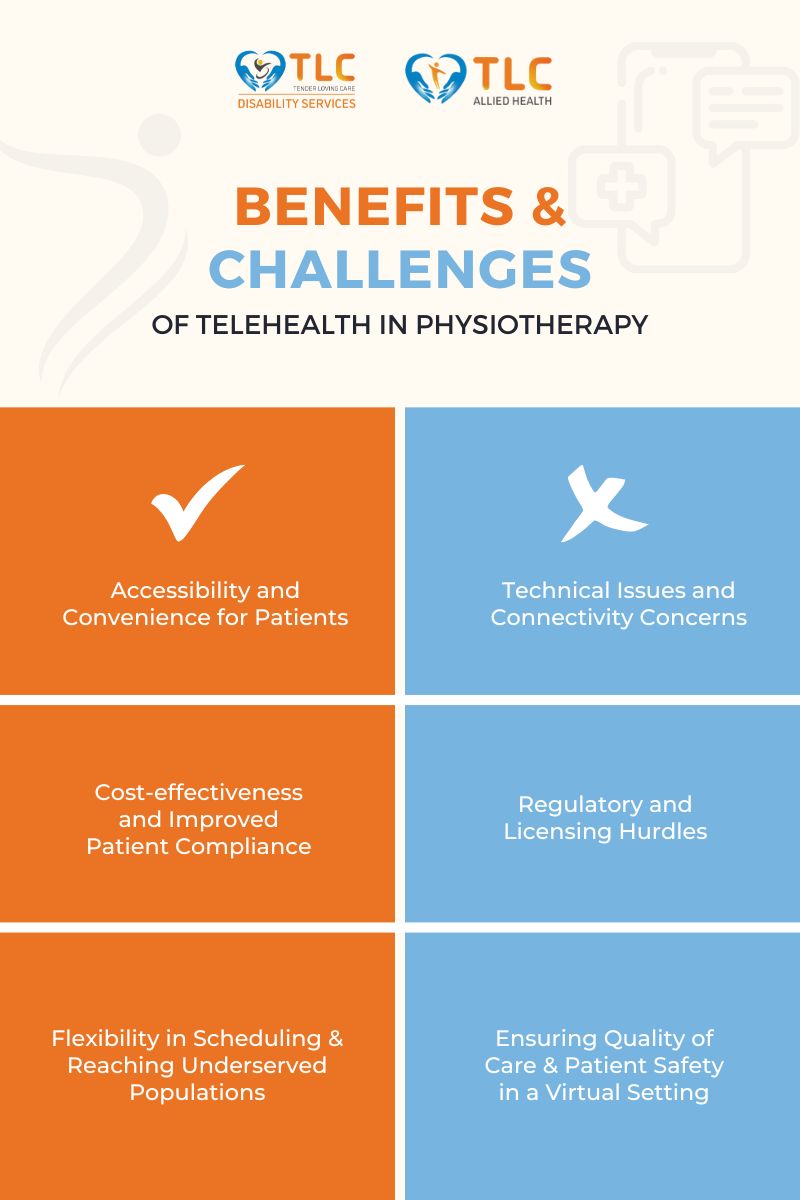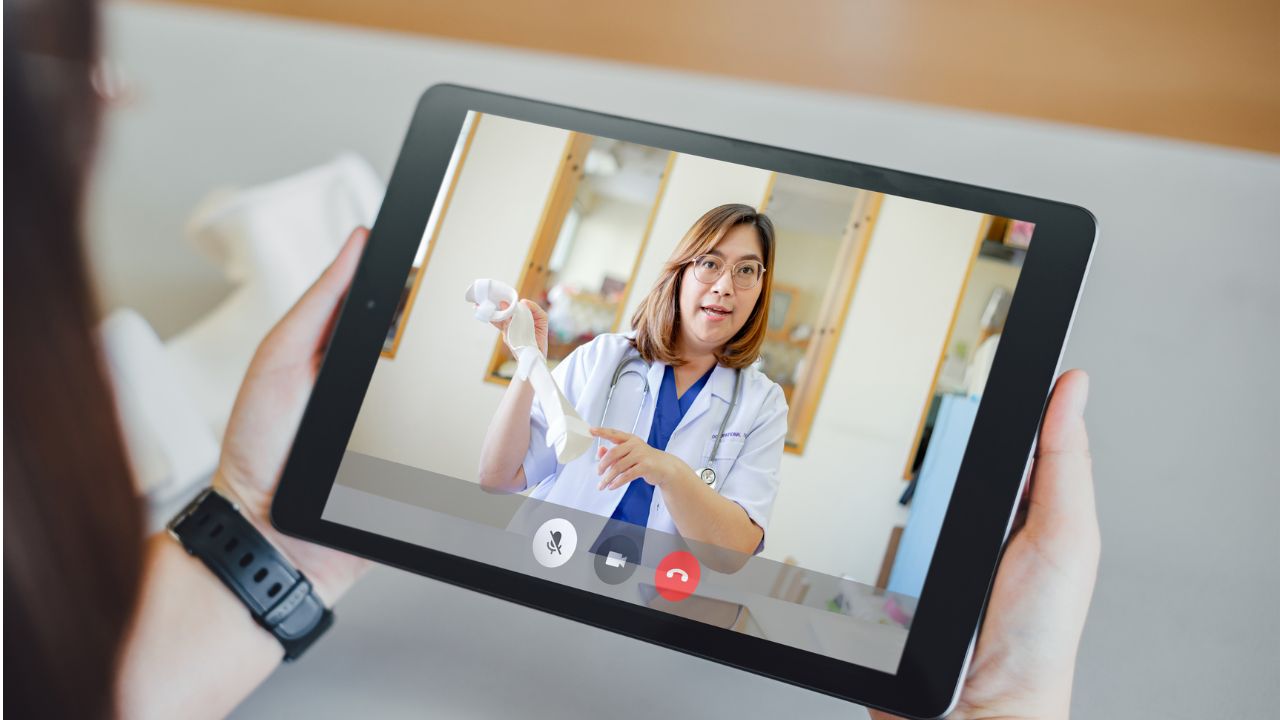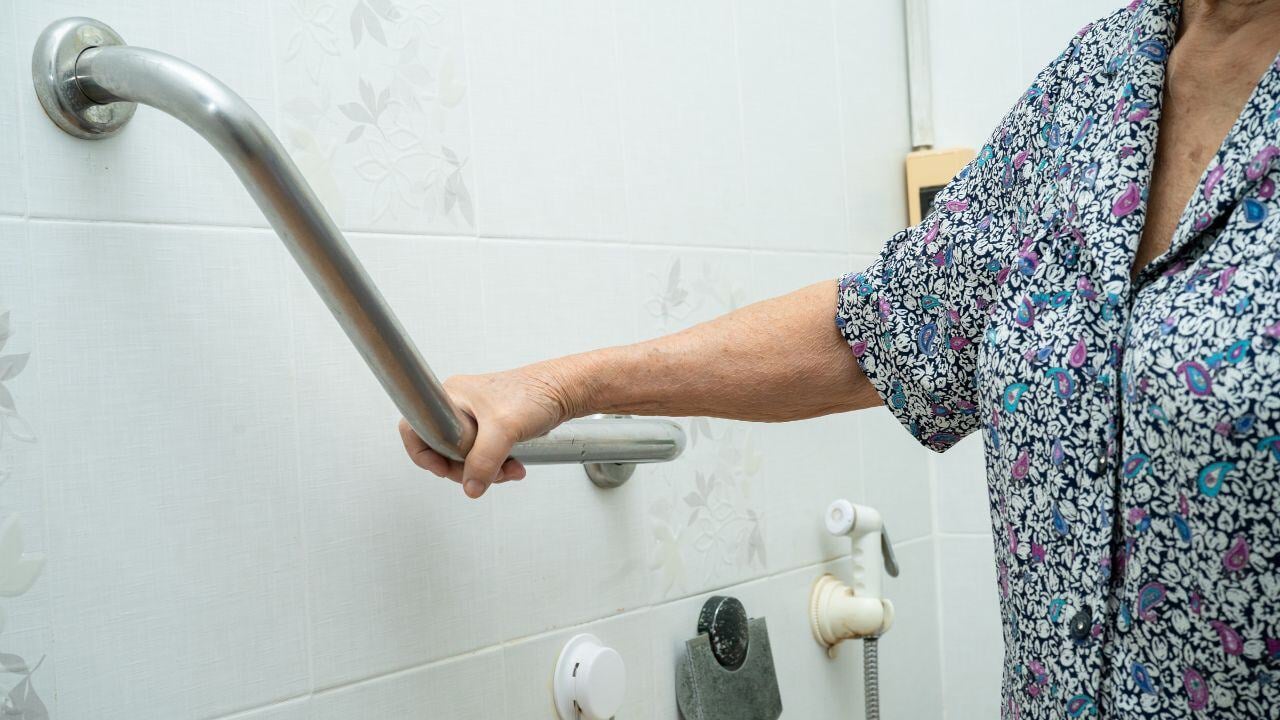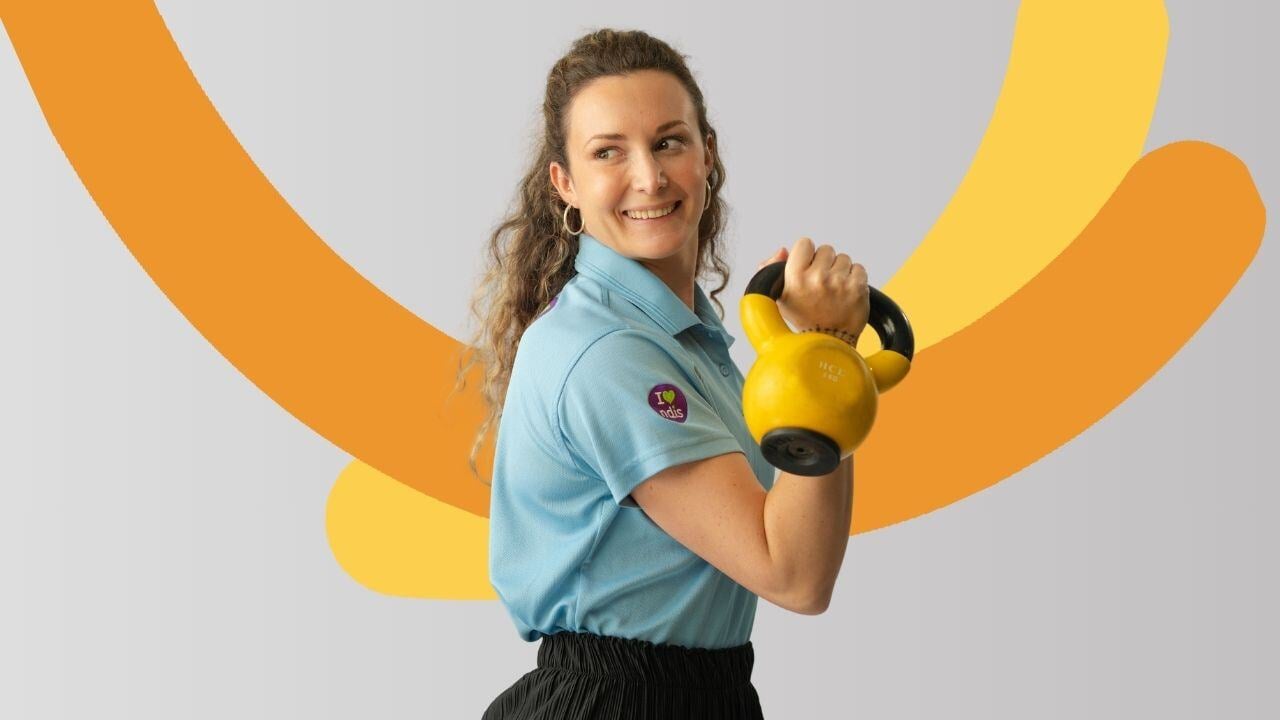
Telehealth has revolutionised healthcare by delivering remote medical services. Physiotherapy has also embraced this approach, offering new opportunities to enhance accessibility, flexibility, and effectiveness.
Telehealth Technologies & Platforms
Telehealth has been around for several decades, initially designed to help patients in remote areas access healthcare.
In physiotherapy, telehealth has evolved to include various technologies such as video conferencing, specialised telerehabilitation platforms, mobile apps, and wearable devices for remote monitoring and feedback. These technologies have enabled a wide range of treatments and therapies remotely, allowing physiotherapists to assess patients, demonstrate exercises, and provide guidance in real-time.
Patients can also benefit from interactive features such as exercise demonstrations, progress tracking, and secure messaging between patients and providers. Wearable devices like activity trackers, smartwatches, and motion sensors can monitor patients’ movements, track progress, and provide real-time feedback during virtual sessions.
Virtual Assessment & Diagnosis
Conducting thorough assessments is a cornerstone of effective physiotherapy practice, and the transition to telehealth has necessitated adapting assessment methods to a virtual environment. While hands-on assessments remain a fundamental aspect of physiotherapy, virtual assessments have become increasingly sophisticated, leveraging technology to gather essential information about a patient’s condition.

Benefits of Telehealth in Physiotherapy
Accessibility and Convenience for Patients
Telehealth in physiotherapy empowers patients, especially those with disabilities. It eliminates the need for travel and waiting rooms, enabling patients to access quality services from their homes. This is particularly beneficial for those with mobility issues, living remotely, or having busy schedules.
Cost-effectiveness and Improved Patient Compliance
Telehealth is a cost-effective alternative to traditional physiotherapy. It saves patients money on transportation and improves patient compliance with treatment plans.
Flexibility in Scheduling & Reaching Remote or Underserved Populations
Telehealth is flexible and convenient for patients, allowing for more convenient appointment times. It can also reach remote populations, providing access to physiotherapy services to those with limited options.
Challenges & Limitations of Telehealth
Technical Issues and Connectivity Concerns
Telehealth has benefits but also challenges. Technical issues and connectivity concerns can disrupt virtual sessions, affecting the quality of care and patient experience. Reliable internet access and prompt troubleshooting are essential to maintain continuity of care in telehealth.
Regulatory & Licensing Hurdles
Telehealth regulations and licensing requirements can be complex and vary across jurisdictions. Physiotherapists must stay informed to ensure compliance and avoid legal issues. Licensing limitations can also pose challenges for practitioners wanting to provide telehealth services across borders.
Ensuring Quality of Care & Patient Safety in a Virtual Setting
Telehealthcare requires physiotherapists to adapt their clinical skills to the virtual environment while prioritising patient safety and privacy. Effective communication and adherence to best practices are essential to maintaining high-quality care and building patient trust.

Strategies for Maintaining Patient Engagement During Remote Sessions
Telehealth has made physiotherapy more accessible and convenient. While there are some challenges to engaging patients virtually, effective strategies can ensure high levels of motivation and participation.
By leveraging technology and best practices, physiotherapists can provide top-quality care remotely while prioritising patient safety and privacy.
Unparalleled Expertise in Physiotherapy
TLC Disability Services is committed to providing physiotherapy services to people with disabilities and those needing physiotherapy assistance, regardless of their disability status.
Our team of expert physiotherapists takes an inclusive approach, ensuring that each individual receives care and personalised care tailored to their unique needs, promoting their overall well-being and functional independence.
You can easily book a consultation with our qualified physiotherapists in Upper Mt. Gravatt, Queensland, or any of our offices in New South Wales today via telehealth, making it hassle-free.








